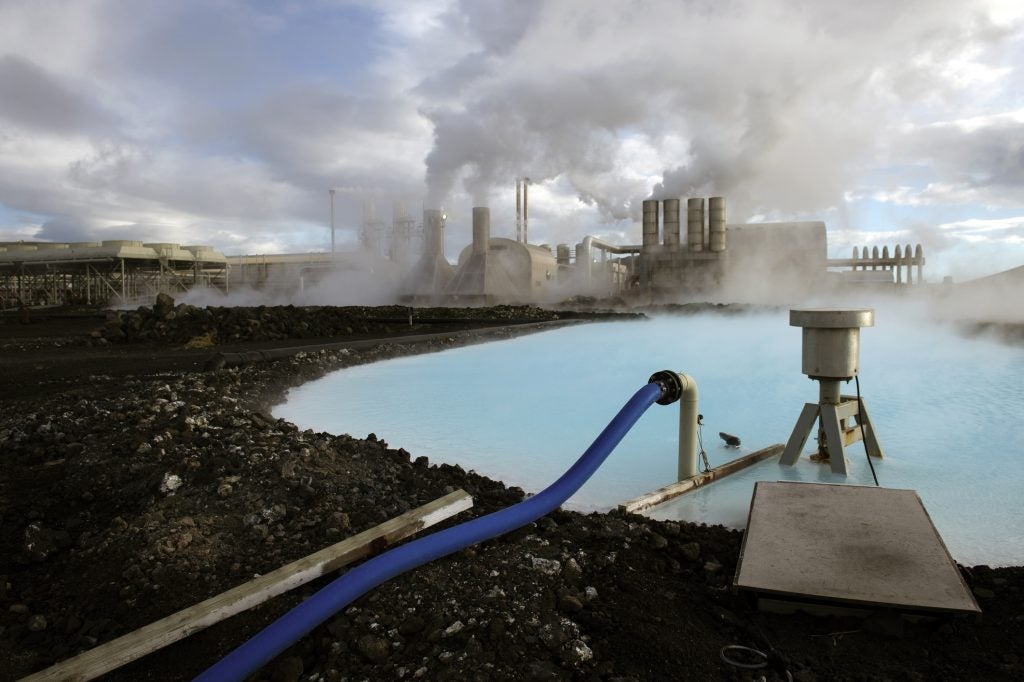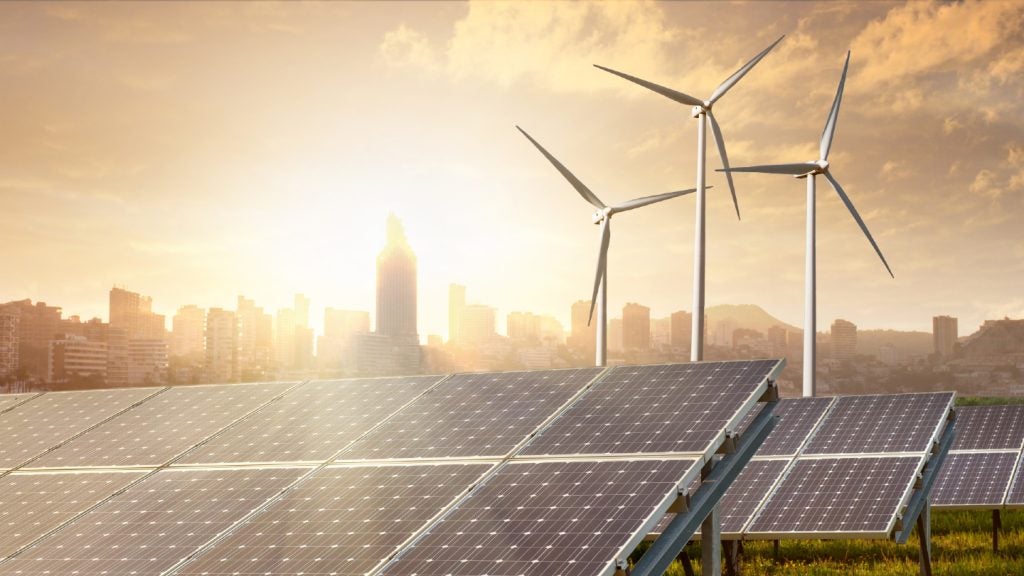Italian cleantech company Exergy International will team up with the UK’s Geothermal Engineering to construct the first deep geothermal power plant in the UK, located at the United Downs Deep Geothermal Power project in Cornwall. By late 2024, the project should deliver around 3MWe of baseload renewable electricity and up to 10MWth of zero-carbon heat for a large housing development at the newly developed Langarth Garden Village.
Exergy will construct an Organic Rankine Cycle power plant for the project, which will use a highly efficient Radial Outflow Turbine to produce electricity, exploiting the heat of the geothermal fluid. The condensing system chosen is air-cooled to avoid any water consumption and, being a closed-loop cycle, the power plant will not release any vapour into the atmosphere. The system will be delivered in 18 months and, once operational, will save more than 6,500 tonnes of CO₂ emissions a year compared with the production of conventional fossil fuel power.
The United Downs project, located near Redruth, will tap into the naturally heat-producing granite that underlies most of Cornwall. Two deep, directional wells have been drilled for the purpose: the production well to a measured depth of 5,275m – the deepest onshore well in the UK – and the injection well to 2,393m. The naturally heated geothermal fluid will be pumped to the surface, passed through the power plant to produce electricity, then returned underground via the injection well where it will percolate through the granite to reheat.
“Geothermal heat is an untapped renewable resource with the potential to provide huge amounts of energy-efficient and carbon-free electricity and heat,” said Ryan Law, CEO of Geothermal Engineering, in a press statement. “Exergy is well known globally for their competence in the binary geothermal power sector and we are very pleased to be working with them on this landmark project in Cornwall. Our long-term agreement with Exergy will also enable us to develop a number of additional projects both in the UK and abroad.”














